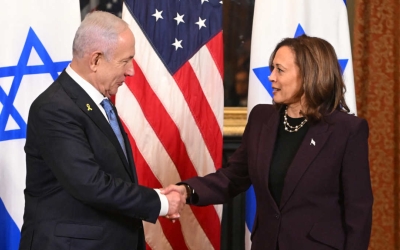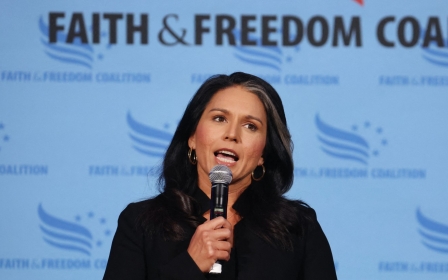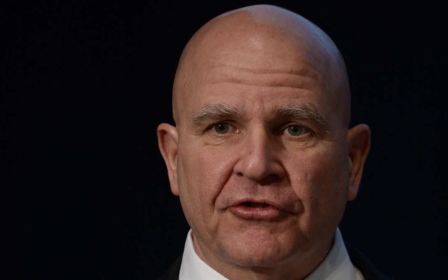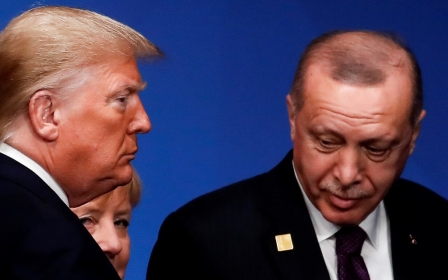US has 'biblical' duty to support 'one Jewish state', Trump's former ambassador says: Report
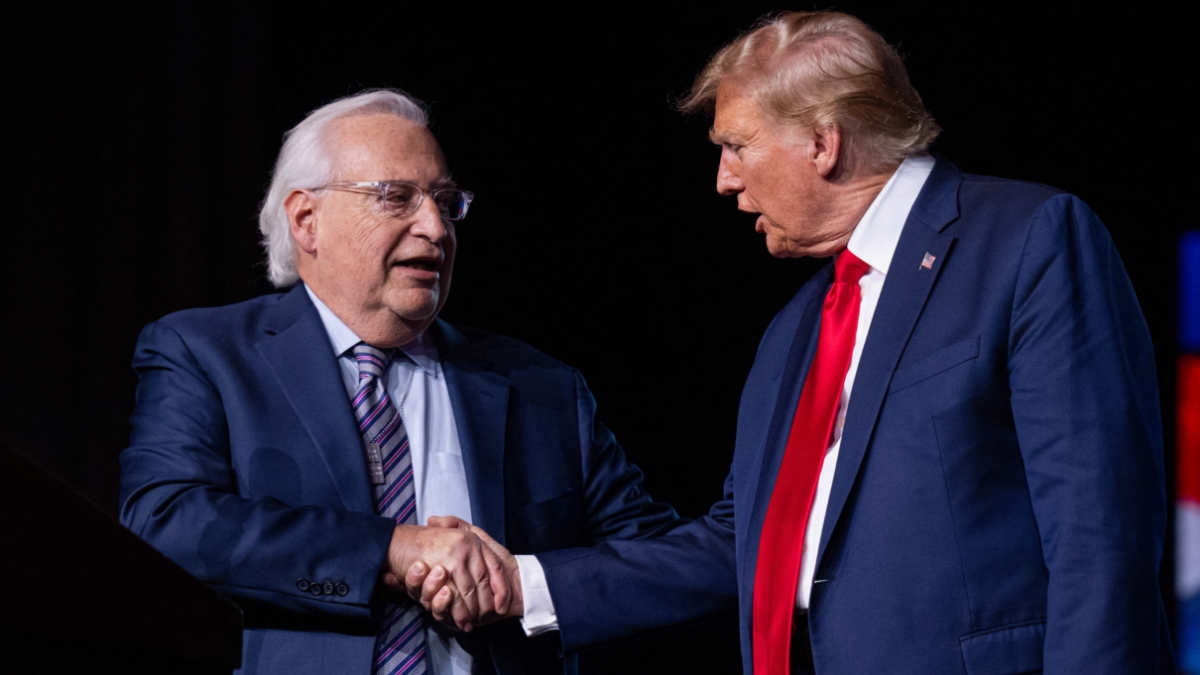
The US has a “biblical” duty to support Israel’s annexation of the occupied West Bank, former US President Donald Trump’s ambassador to Israel argues in a new book, unveiling a plan for “one Jewish state" that he said he would share with Trump.
“President Trump has often said that he was indifferent to one state or two states - whatever the parties might agree to,” former US ambassador David Friedman writes in the book, One Jewish State: The Last, Best Hope to Resolve the Israeli-Palestinian Conflict.
“His goals always were practical and targeted toward tangible improvements in the quality of life. I believe that if Israel will support this plan, he will as well,” according to a copy of the book obtained by The Forward.
Friedman argues the US should support Israel’s annexation “based first and foremost on biblical prophecies and values”, saying that such a policy “hearkens back to basic Judeo-Christian values of kindness, human dignity, humility and prosperity”.
Friedman told The Forward he will share his annexation plan with Trump “at the appropriate time”.
New MEE newsletter: Jerusalem Dispatch
Sign up to get the latest insights and analysis on Israel-Palestine, alongside Turkey Unpacked and other MEE newsletters
In a post on the social media platform X promoting his book, Friedman said the book contains “a common sense perspective” on why the US should abandon its 70-year policy of advocating for a two-state solution to the Israel-Palestine conflict that would appeal to readers “Whether you are religious or secular, right or left”.
According to excerpts obtained by The Forward, Friedman says his annexation plan would entail transferring $1bn in US funding earmarked for Palestinians - including for the Palestinian Authority’s security services - to Israel, in order “to assert and maintain its sovereignty over Judea and Samaria”, using the Hebrew terms for the occupied West Bank.
Friedman then spends one chapter detailing his vision for the legal status of the roughly two million Palestinians living in the occupied West Bank. He argues that “one Jewish state” would give them legal rights akin to citizens of Puerto Rico, a US territory in the Caribbean.
“Palestinians, like Puerto Ricans, will not vote in national elections…Palestinians will be free to enact their own governing documents as long as they are not inconsistent with those of Israel,” Friedman writes.
Friedman’s comparison is likely to raise some eyebrows because Puerto Ricans are US citizens with American passports and have access to US government services like Medicare, Medicaid, and Social Security.
But they are not allowed to vote in US elections if they reside on the island. They can vote in all US elections if they live in one of the 50 states.
Friedman’s book is well-timed to coincide with the US 2024 presidential election. In his book, Trump’s former ambassador writes: “This is a huge opportunity for the expansion of the Abraham Accords around the concept of ‘One Jewish State’.”
While Friedman has long been a supporter of Israeli settlement expansion, considered illegal under international law, as ambassador he previously told Middle East Eye that he was working on a Trump peace plan that would not lead to the creation of one state.
“We're trying to create a nation-state for the Jewish people and a nation-state for the Palestinian people," Friedman told MEE in 2020.
Trump’s plan to resolve the Israel-Palestine conflict included massive land swaps that would have seen vast tracts of arid land in the Negev desert ceded to a Palestinian state.
The proposal, which was drafted without the input of any Palestinian groups, also allowed Israel to keep all of its settlements in the West Bank and annex large parts of the Palestinian territories that it currently occupies.
Trump has not committed to backing a one or two-state solution during the 2024 election campaign. When asked about his position at the June presidential debate, he replied “I’d have to see.”
Middle East Eye delivers independent and unrivalled coverage and analysis of the Middle East, North Africa and beyond. To learn more about republishing this content and the associated fees, please fill out this form. More about MEE can be found here.


